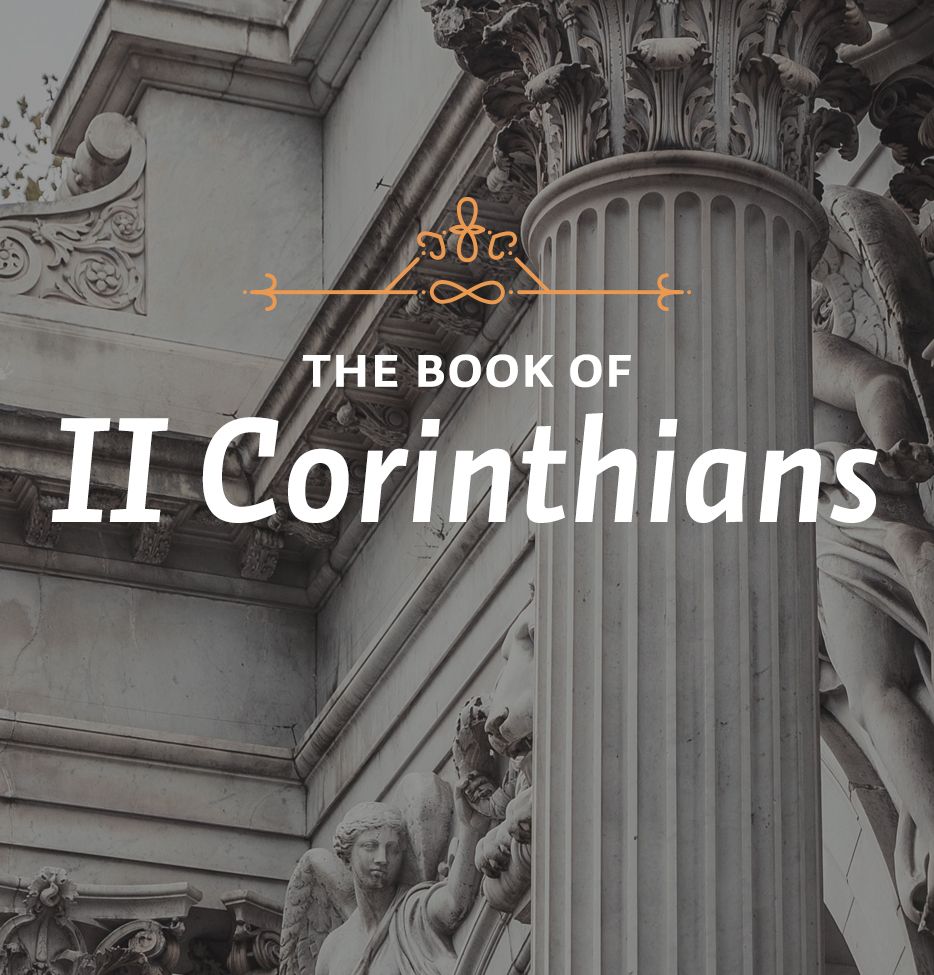As Paul thinks ahead to this third visit, he wonders if this one might turn out like the second. It is a great concern to him. Paul said in verse 14 that his real objective was different from that of the false prophets, who were there to gather a following, or to make money, or to acquire a reputation. He was speaking spiritually when he said that what he wanted was not their possessions but them. Here is the heart of a true pastor who is concerned with the life, and soul, and destiny of the people to whom God sent him. He said he was not interested in wealth, but rather, in the people themselves. He is interested in whether they are going to turn from their sin and follow the Lord Jesus Christ in a wholehearted way.
I think there is an interesting parallel between what Paul said here and what he said earlier in chapter 8 concerning the churches in Macedonia. The churches in Macedonia had been very generous in their giving, even though they were not a wealthy congregation (Corinth, by contrast, was a very wealthy church). Yet, they were giving generously. Paul explained why back in chapter 8: “And they did not do as we expected, but they gave themselves first to the Lord and then to us in keeping with God’s will” (v. 5). That was the secret – the hearts of the Christians in Macedonia belonged to God – and so everything they had was used in God’s service rather than in serving their own ends.
That is why Paul said here that he wanted the Corinthians for himself. What he really meant by that was that he wanted them for God. Paul desired that they be followers of Jesus Christ. In effect, Paul was saying that he was behaving towards them as a father would behave. And, of course, it was from God that Paul got that pattern, the One who is the God and Father of all His people, who loves us, and who serves us, and who works for us and does it out of sheer grace. So in an attempt to recall the Corinthian believers out of their sin, he considers not only his own experience, but what he is going to do in the future as well.
Next Paul discussed his present concerns. Those were weighty as well. What was involved for Paul here was more than mere anxiety over a few mistakes the church at Corinth had made. Rather, Paul pointed out that some aspects of that church were exhibiting works of the flesh rather than the fruit of the Spirit.
In Galatians, chapter 5, Paul gave two lists. One contains the kind of things that come forth from our fleshly natures – our sinful natures. The other list names those things that come forth in our life when the Holy Spirit indwells us. When we compare the list of works of the flesh in Galatians 5 with the list that Paul gives here in 2 Corinthians 12:20, we see that there is a great deal of similarity. Paul was saying that he was afraid that when he came, he was going to find evidence of an unregenerate, carnal, sinful nature, rather than fruit of the Spirit.






